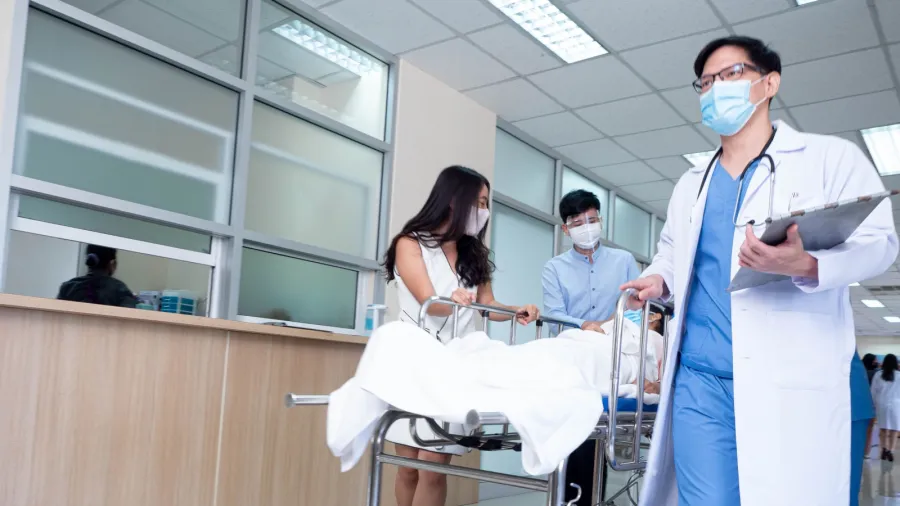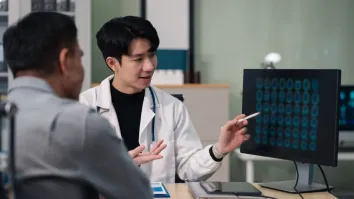
How can hospitals counter false health claims?
Politics has become a key driver of misinformation.
Misinformation on vaccines and health issues is spreading faster than official advice, eroding public trust in hospitals and health agencies, according to Ipsos, Inc.
In an October report, the market research firm said the politicisation of public health has become a major driver of misinformation. It cited recent remarks by US President Donald Trump, who falsely linked vaccines and Tylenol to autism and appointed vaccine sceptic Robert F. Kennedy, Jr. as Health Secretary.
The US has since recorded its worst measles resurgence since 2000, with more than 1,500 confirmed cases and 40 outbreaks this year. Vaccination coverage among kindergarteners dropped to 92.5%, below the 95% threshold needed for herd immunity.
Ipsos said similar trust issues have spread across the Asia-Pacific region. Childhood vaccination coverage in Australia has slipped below national targets, whilst Türkiye posted the sharpest decline in support for mandatory vaccines since 2018. Japan had the lowest support globally, with only 37% backing compulsory immunisation.
Doctors remain the most trusted professionals, but their influence is weakening as more people turn to online sources. About 68% of respondents said they prefer researching symptoms themselves rather than fully relying on physicians.
A separate 2024 report by Bain & Company showed that 70% of consumers in India, Indonesia, and China trust digital health or tech firms to manage their care, though traditional hospitals retain stronger reputations in Australia, Singapore, Malaysia, and the Philippines.
Hospitals and health authorities are now shifting communication strategies to counter misinformation. In Singapore, the National University Health System’s OneNUHS app features verified medical content, appointment tools, and vaccination reminders.
In South Korea, major hospitals such as Severance Hospital and Asan Medical Center have launched YouTube channels where licensed clinicians explain medical conditions and debunk online myths.
Questions to ponder:
How can hospitals and public health agencies counter misinformation?
What are the economic and healthcare costs of vaccine misinformation?



















 Advertise
Advertise





